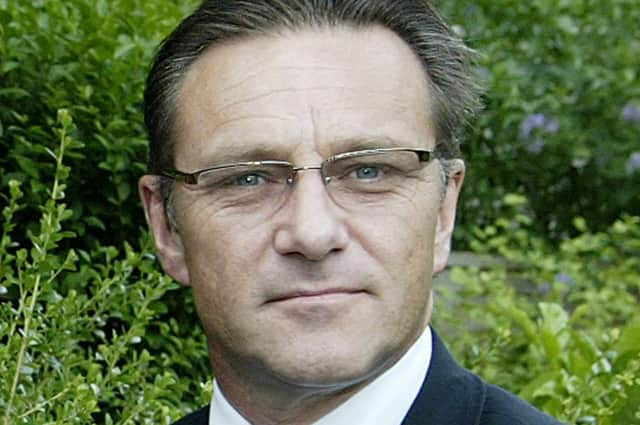Calderdale MP defends reasons for sewage vote amidst social media outcry


Craig Whittaker, MP for the Calder Valley, was one of 265 Conservative MPs whose votes against that part of an amendment to the Environment Bill sparked outcry on social media yesterday.
But Mr Whittaker said if sewage can not go into rivers, the only place left for it to go is people's homes.
Advertisement
Hide AdAdvertisement
Hide Ad"The vote was asking to ban the current process of allowing sewer overflow into our rivers," he said.
"This process had been done for many years and normally only happens when there is very heavy rainfall and the pressure builds up within the sewerage system, massively increased by additional rain water.
"If there was a ban placed on this process happening, then there is only one place for the sewerage to go if the pressure builds in the system – people’s homes!
"As the MP for one of the worst effected constituencies from flooding over recent years, I can tell you from experience during the floods, that people do not want the experience of raw sewerage flooding into our homes as so many of my constituents experience when the system is inundated by rain water.
Advertisement
Hide AdAdvertisement
Hide Ad"I will say that this also doesn’t happen very often and it only happens when that pressure builds from additional rain water.
"There is also no current data on how often this happens. As part of the Environment Bill, amongst many other things on this topic, there will be a requirement for water companies to start recording instances of when this happens as well as monitoring water quality.
"Don’t forget this water is very much diluted because of the amount of rain water in the system. Once this data is sourced, there will then be a duty on water companies to put a plan in place to first of all reduce this happening and secondly stopping the process as infrastructure is built to ease the Victorian infrastructure."